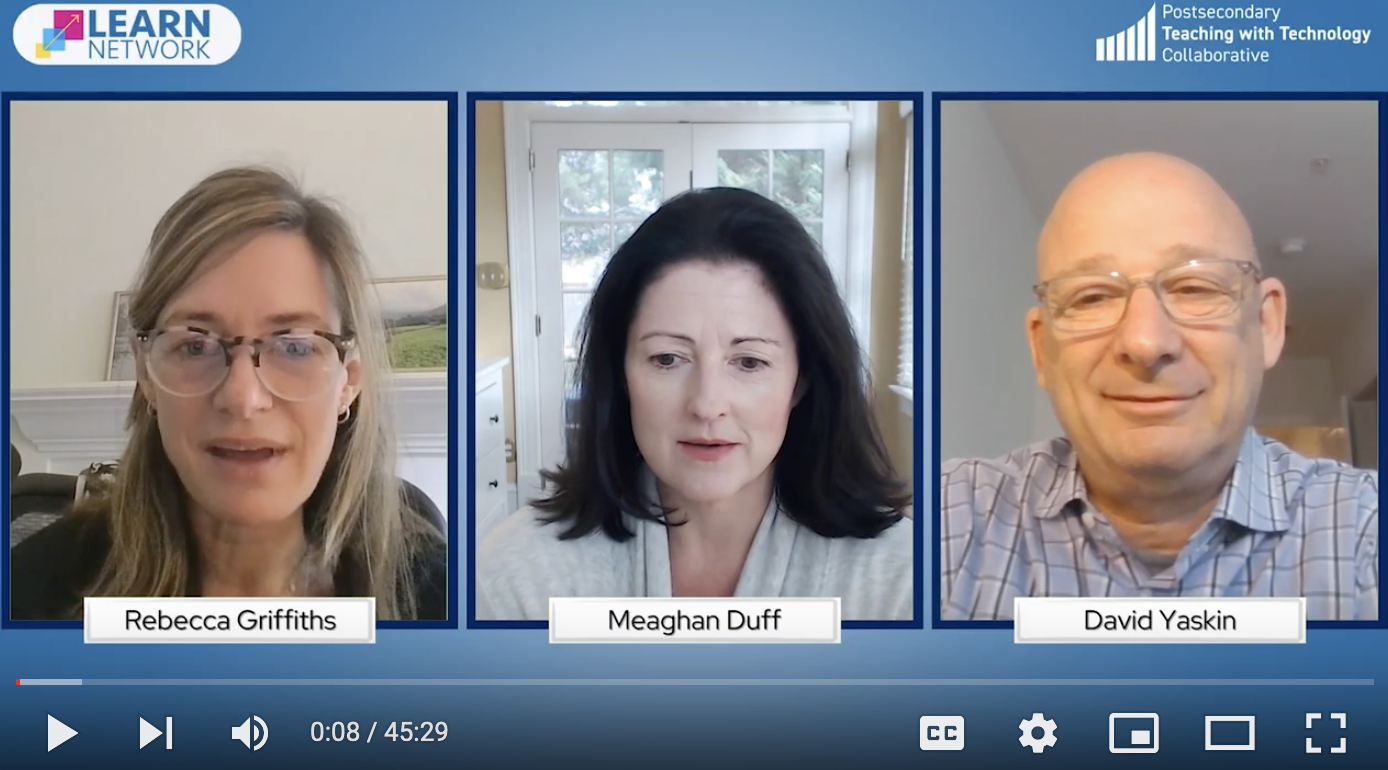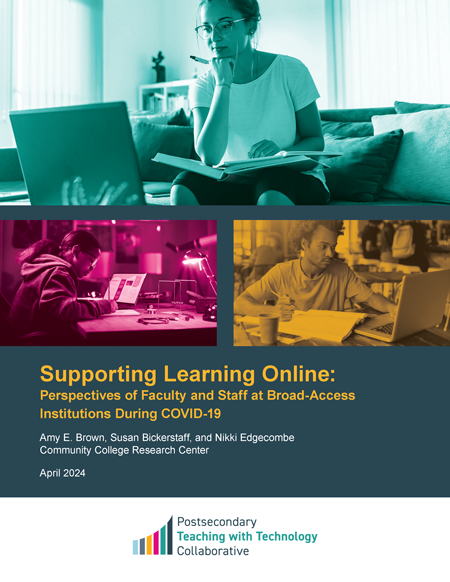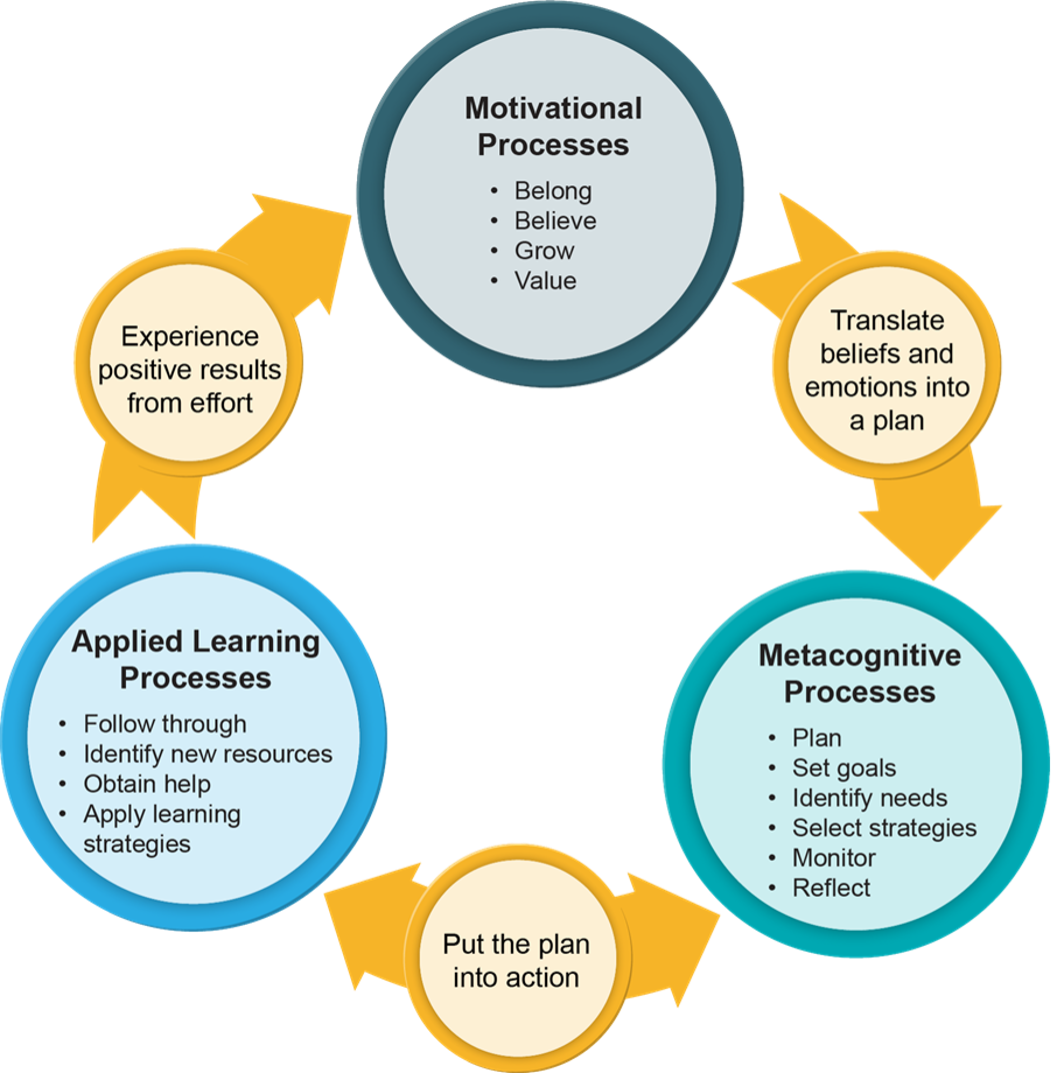Resources Publications Newsletters May 28, 2024. New Blog Series: Scaling Evidence-Based Edtech in Postsecondary Education Members of the Collaborative spoke with Meaghan Duff and David Yaskin to discuss scaling evidence-based edtech in postsecondary education. In Part 1 of the series, Duff and Yaskin debate whether and how digital learning products can be designed with … Continue reading Newsletters
The term self-directed learning—as we are currently using it within the Postsecondary Collaborative—encompasses an intricate set of mindsets and intrapersonal skills that students use to manage their learning. Though educators and researchers often think of them as discrete skills, we theorize that they are more powerful together than alone.


